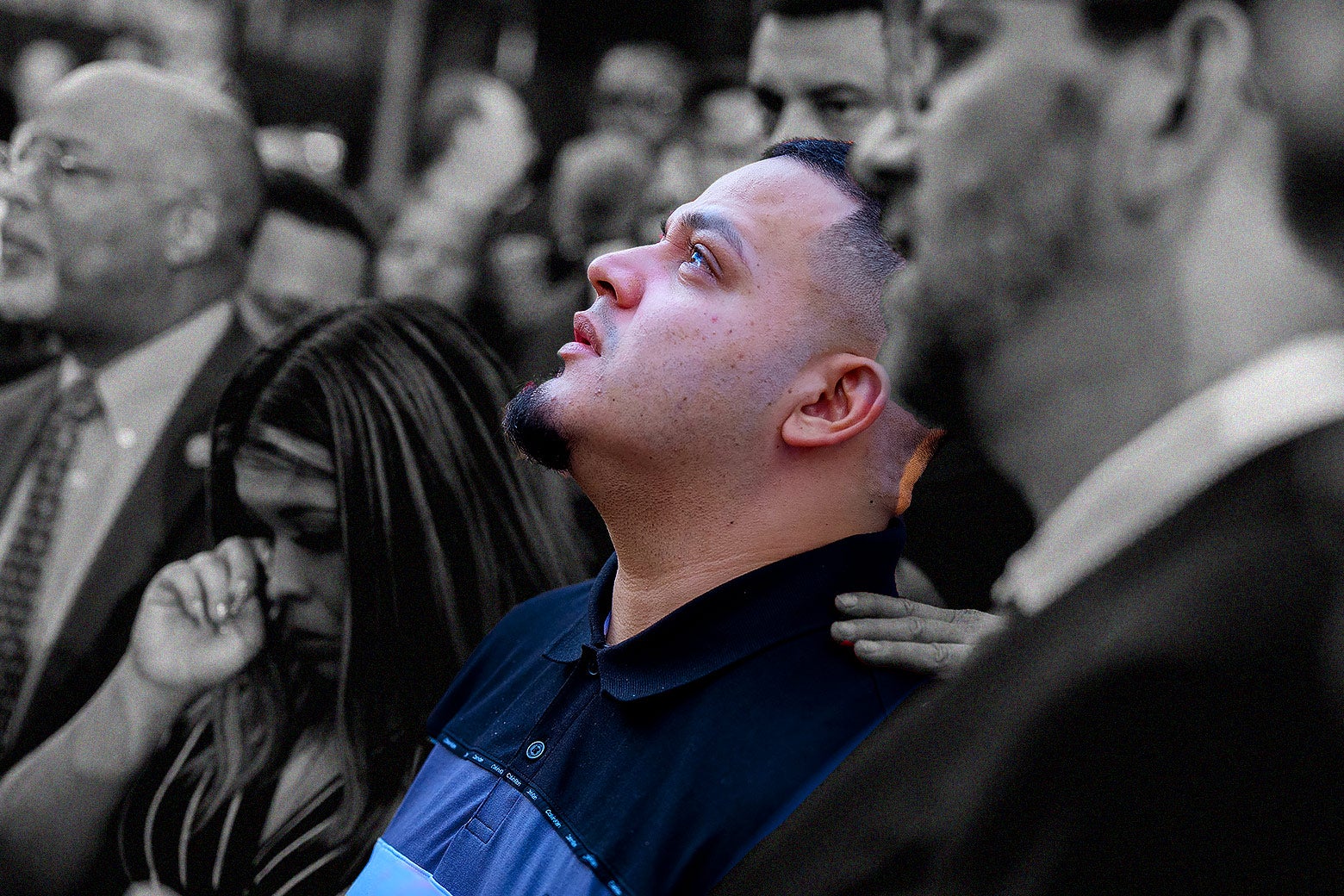A former clerk to Justice Clarence Thomas has issued a detailed warning about the Supreme Court‘s accelerating push to expand presidential power over federal agencies, coinciding with active cases that could overturn decades of precedent.
Caleb Nelson, a distinguished professor at the University of Virginia School of Law, published an analysis in September through NYU Law’s Democracy Project titled “Special Feature: Must Administrative Officers Serve at the President’s Pleasure?”, challenging the Court’s interpretation of presidential removal authority.
The alarm bells come as the Court prepares to hear arguments on whether President Donald Trump can fire officials at independent agencies without cause, with cases involving Federal Trade Commission (FTC) and Federal Reserve officials already pending.
Newsweek reached out to the Supreme Court’s public information office via online form and the White House via email on Monday for comment.
Why It Matters
The Supreme Court’s trajectory on removal power could fundamentally restructure American government, affecting everything from consumer protection to monetary policy.
The stakes extend beyond theoretical constitutional interpretation. The Court has already allowed the Trump administration to proceed with mass immigration program terminations and other major policy changes through emergency orders while litigation continues, demonstrating the immediate real-world impact of these judicial decisions.
If the Court expands presidential removal authority, it would enable the White House to rapidly replace independent regulators and carry out major policy changes before courts can review them, with fewer practical checks on abrupt shifts in direction.
At stake is whether independent agencies like the FTC and Federal Reserve can maintain insulation from partisan political control.
What To Know
The constitutional dispute centers on a seemingly simple question with complex implications: who can fire federal officials, and under what circumstances?
Nelson explains that while Article II vests executive power in the president, the Constitution remains largely silent on removal except for impeachment. This silence has become a battleground for competing interpretations.
Chief Justice John Roberts has led the charge toward expanded presidential power, writing in Seila Law v. CFPB (2020) that presidential removal authority “follows from the text of Article II, was settled by the First Congress, and was confirmed in the landmark decision Myers v. United States.” The Court appears poised to extend this reasoning further, potentially overturning Humphrey’s Executor (1935), which has protected independent agency officials from at-will removal for nearly ninety years.
Nelson systematically challenges each pillar of Roberts’s argument.
He disputes that Article II’s “executive Power” includes the English monarch’s historical removal powers, citing recent scholarship distinguishing between executive authority and royal prerogative. He also contests the historical narrative about the First Congress, arguing that careful examination of 1789 debates reveals no consensus on presidential removal power, despite current Court assertions.
The practical implications are already visible. Georgetown law professor Steve Vladeck wrote on Substack earlier this month that the Trump administration sought emergency action from the Court 19 times in its first 20 weeks—matching the former President Joe Biden administration’s total over four years—and succeeded in 10 of 12 decided applications.
Recent immigration cases demonstrate this pattern: the Court allowed termination of parole programs for hundreds of thousands of migrants and permitted deportations to proceed despite lower court injunctions requiring notice and opportunity to seek protection.
What People Are Saying
Professor Caleb Nelson, in his analysis: “If most of what the federal government currently does on a daily basis is ‘executive,’ and if the President must have full control over each and every exercise of ‘executive’ power by the federal government (including an unlimitable ability to remove all or almost all executive officers for reasons good or bad), then the President has an enormous amount of power—more power, I think, than any sensible person should want anyone to have, and more power than any member of the founding generation could have anticipated.”
He added: “I am an originalist, and if the original meaning of the Constitution compelled this outcome, I would be inclined to agree that the Supreme Court should respect it until the Constitution is amended through the proper processes. But both the text and the history of Article II are far more equivocal than the current Court has been suggesting. In the face of such ambiguities, I hope that the Justices will not act as if their hands are tied and they cannot consider any consequences of the interpretations that they choose.”
Judge Clay D. Land, Middle District of Georgia, in a May decision: “Allowing constitutional rights to be dependent upon the grace of the executive branch would be a dereliction of duty by this third and independent branch of government and would be against the public interest.”
Justice Elena Kagan, at a judicial conference in California in July: “Courts are supposed to explain things. Offering reasons for judicial decisions is an essential protection against arbitrary power—to ensure that like cases are being treated alike.”
What Happens Next
The Supreme Court will hear oral arguments in November regarding presidential authority to impose tariffs under emergency powers, while removal cases involving FTC Commissioner Rebecca Slaughter and Federal Reserve Board member Lisa Cook await resolution.
The Court’s decisions could eliminate statutory protections for independent agency officials, potentially affecting thousands of positions across agencies overseeing financial markets, consumer protection, communications, and trade.

https://www.newsweek.com/ex-clarence-thomas-clerk-sounds-alarm-expected-supreme-court-move-10873224






